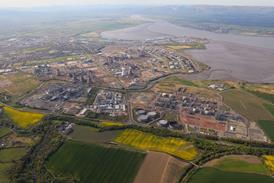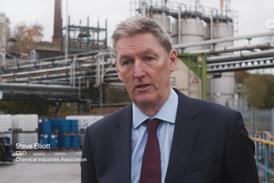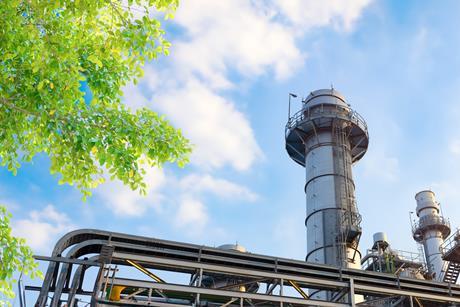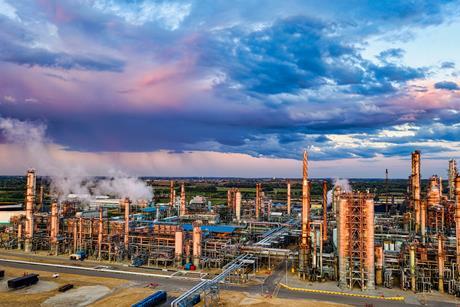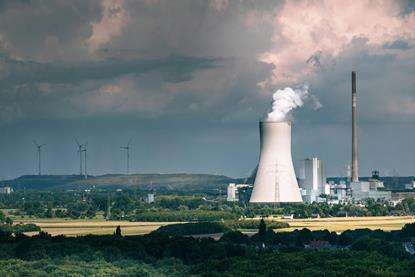- Home
- About
Economic Reports
The CIA gathers industry insights through a quarterly business survey to advocate for our members’ interests with policy makers, regulators and other stakeholders.
Read more
- Our focus
CIA Sustainable Health Metrics Tool
Use our Sustainable Health metrics to drive continuous improvement and foster a sustainable, healthy workplace.
Read more
- The Chemical Industry
The Chemical Industry
The chemical and pharmaceutical industry is fundamental to modern society. With an immense variety of products, from vital medicines and foods, the construction of buildings, to transport and leisure, the industry truly does have an impact on virtually every aspect of our daily lives.
Read more
- Events
- News
- Become a member
Energy and Climate Change
The UK was the first major economy to set a target to end its contribution to global warming, before 2050. This target and subsequent interim targets – a 68% reduction by 2030 and 78% reduction by 2035 – have supercharged climate policy development in the UK.
The UK chemical industry faces challenges due to high and rising energy costs, impacting its international competitiveness. Despite success in deploying renewable electricity, the industry now faces higher prices compared to global competitors due to pass-through costs including carbon pricing, renewable power subsidies, and network capacity increases. The sector relies on lower gas prices for competitiveness, but fears rising costs if asked to pay for decarbonising the heat supply like the electricity grid.
The CIA collaborates with members, government, and regulators to insulate the industry from energy transition costs while transitioning to a net-zero energy system. To mitigate emissions, the industry plans fuel-switching to hydrogen or electricity and retrofitting carbon capture equipment. CIA works to ensure supportive policies for these investments and to prevent net-zero transition costs from harming manufacturers.
Position Statements
Aligning the UK ETS with Net Zero policy
The UK Emissions Trading Scheme (UK ETS) is the UK’s primary industrial decarbonisation policy instrument. By setting a limit - a ‘cap’ - on emissions from industrial sectors, and creating a market to buy and sell emission allowances under that cap, the UK Government says the scheme is intended to ...
- Position Statement
Gambling on our low carbon future: Finance and the UK ETS
The UK Emissions Trading Scheme (UK ETS) is one of the UK’s key industrial decarbonisation policies. It works on a ‘cap-and-trade’ principle. A cap is set on the total amount of greenhouse gases that can be emitted by sectors covered by the scheme. The cap is then reduced over time ...
- Position Statement
Why is the cost of heat, particularly Natural Gas so critical to the UK’s Chemical Sector?
Natural gas is a key feedstock for many core chemical processes. Methane from gas is used to produce hydrogen (via steam methane reforming), and it supplies essential inputs for products such as ammonia (fertilisers), methanol, ethylene and other basic petrochemicals — the building blocks of countless downstream products across agriculture, ...
- Position Statement
British Industry Competitiveness Scheme: Good news but more is needed
A sharp look at why the Government’s new British Industry Competitiveness Scheme is a welcome step, but still falls far short of what UK manufacturers need to stay globally competitive.
Be part of it
Members are invited to get involved with our various energy and climate change strategy groups, networks and issue teams, which include: Energy and Climate Change Policy Network, Industrial Emissions Policy Issue Team, Sustainability Strategy Group , Environment Network.
For further information, or to express an interest in joining, please contact our team Nishma Patel at PatelN@cia.org.uk or Rich Woolley at WoolleyR@cia.org.uk.


